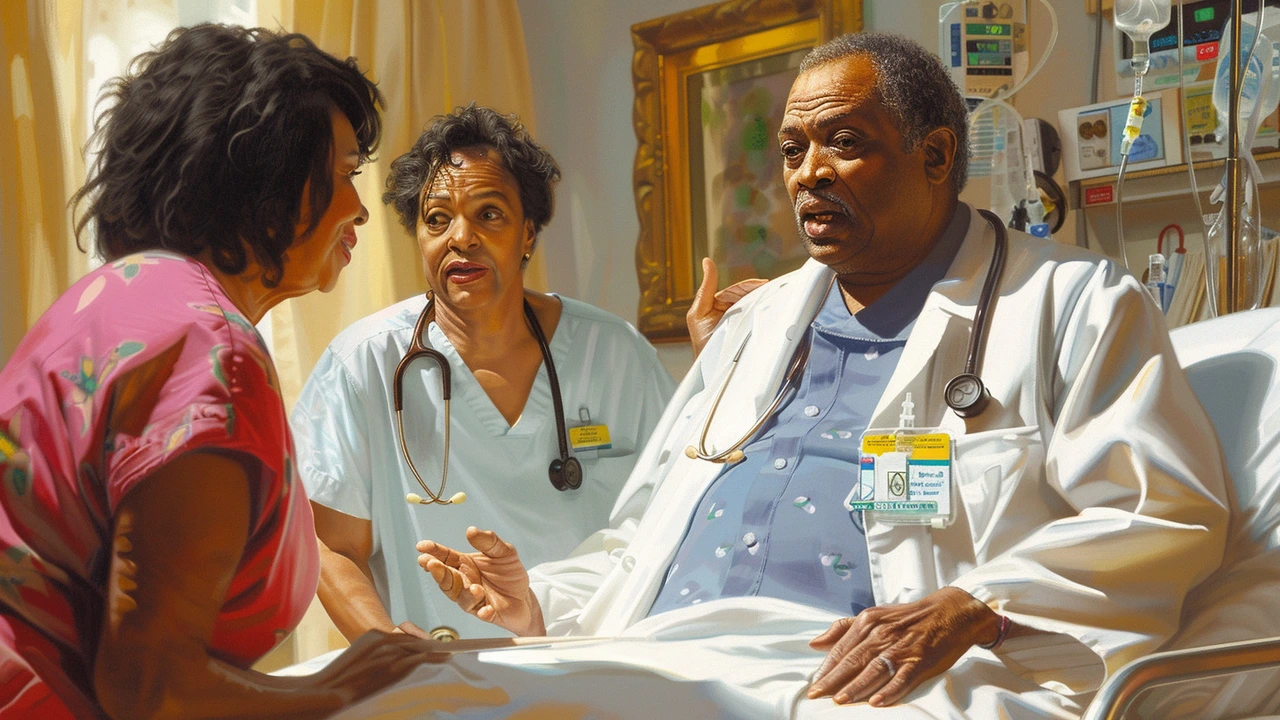CDI Risk: What Puts You at Higher Chance of C. difficile Infection
If you’ve ever heard of "C. diff" you probably know it can cause nasty diarrhea. The good news is that most people never get it, and the ones who do usually have clear risk factors. Knowing those factors helps you avoid them or act fast when they appear.
Antibiotics are the Biggest Trigger
Taking antibiotics wipes out good bacteria in your gut. When the balance is broken, C. difficile can grow unchecked and cause infection. This doesn’t mean you should skip a prescribed course, but it does mean you should only use antibiotics when a doctor says they’re needed. Short‑term use lowers risk compared with long or repeated courses.
Broad‑spectrum drugs such as clindamycin, fluoroquinolones, and cephalosporins are especially risky. If you have to be on one of these, ask your pharmacist about probiotic options that might protect your gut.
Hospital Stays and Long‑Term Care Raise the Odds
Hospitals and nursing homes are common places for C. difficile spores to spread. You’re more likely to pick up the infection if you’ve been admitted for a while, especially in an intensive care unit.
Things that make hospitals risky include frequent hand‑washing lapses among staff and shared equipment that isn’t cleaned well enough. If you or a loved one is staying in a facility, ask about their cleaning protocols and whether they isolate patients with diarrhea.
Age also matters. Seniors over 65 have weaker immune systems, so the bacteria can take hold more easily. Combine age with antibiotics or a hospital stay and the risk climbs sharply.
Other Factors You Can Control
Having a weakened immune system from conditions like cancer, HIV, or steroid use makes C. difficile easier to catch. Managing those underlying illnesses can keep your defenses up.
Gastro‑intestinal surgery, especially colon surgery, changes the gut environment and can open the door for infection. Follow post‑op instructions closely and report any loose stools right away.
Even simple things like staying hydrated and eating a fiber‑rich diet support good bacteria that fight off C. difficile. If you notice any sudden change in bowel habits while on antibiotics, contact your doctor early.
What to Do If You Think You Have CDI
The first sign is watery diarrhea that lasts more than three days, often with abdominal cramping or fever. Don’t self‑diagnose; get a stool test from a health professional.
If you’re confirmed positive, the treatment usually involves a different class of antibiotics aimed at killing C. difficile while sparing the rest of your gut flora.
During treatment, keep hand hygiene strict – wash with soap and water, not just sanitizer, because C. difficile spores survive alcohol.
After you’re cleared, consider a probiotic or a diet rich in fermented foods to help restore healthy bacteria. Most people recover fully when they follow the doctor’s plan.
Related Articles on Our Site
While you’re here, you might find these posts useful: "Metformin Combo Therapies for Diabetes" explains drug combinations that avoid unnecessary antibiotics; "Environmental Effects of Tranexamic Acid" looks at how drug disposal can affect infection spread; and "Same Dietary Supplements: Your Ultimate Guide to a Healthier Lifestyle" gives tips on supporting gut health naturally.
Understanding CDI risk puts you in the driver’s seat. By watching your antibiotic use, staying informed about hospital hygiene, and keeping your gut healthy, you dramatically lower the chance of a C. difficile infection.

